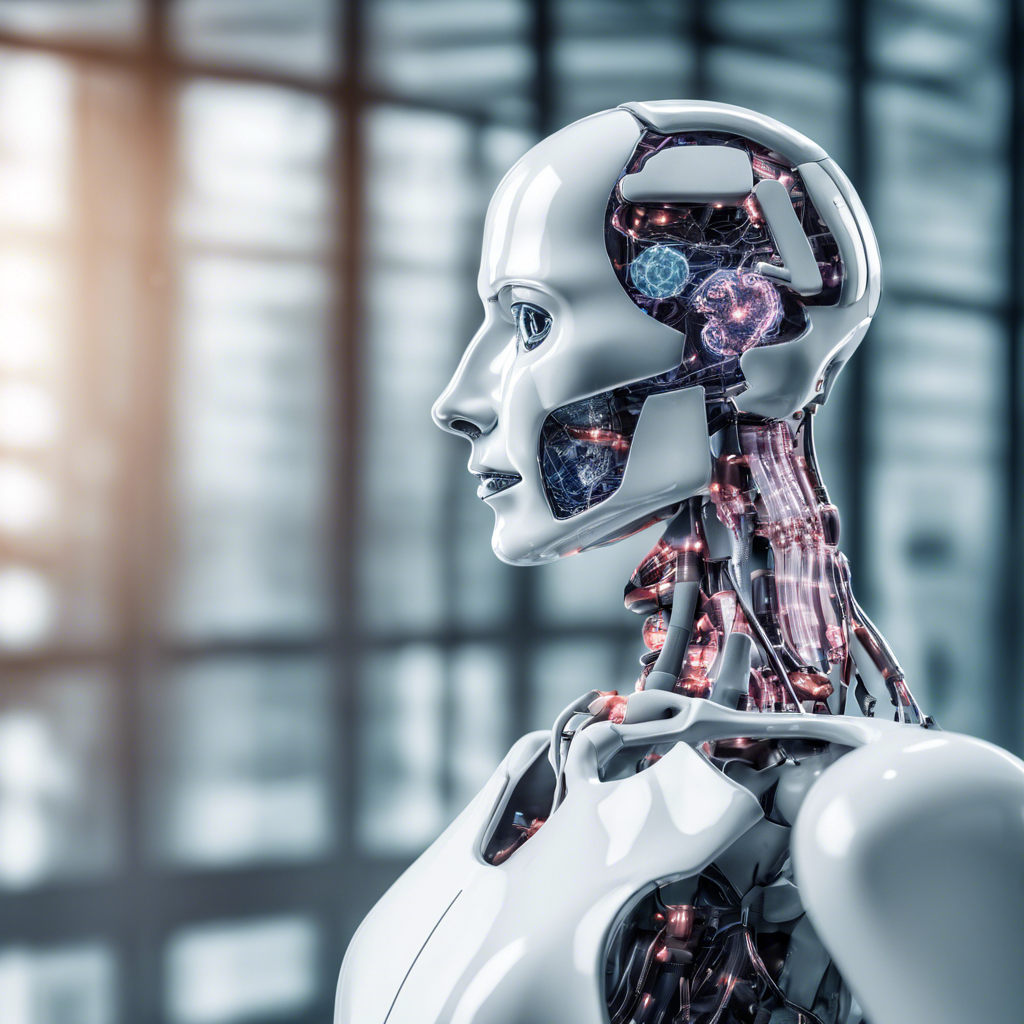How AI is revolutionizing the medical industry
Artificial Intelligence (AI) has been making waves across various industries, and the healthcare sector is no exception. From diagnosing diseases to predicting patient outcomes, AI is transforming the way medical professionals deliver care. With its ability to analyze vast amounts of data and identify patterns that humans might miss, AI has the potential to improve patient outcomes, enhance efficiency, and reduce costs. In this article, we will explore the various applications of AI in healthcare and the potential benefits and challenges associated with its implementation.
1: AI in Diagnostics
AI algorithms have shown remarkable accuracy in diagnosing diseases. By analyzing medical images, such as X-rays, MRIs, and CT scans, AI can detect abnormalities and predict the likelihood of certain conditions. For example, researchers at Stanford University developed an AI system that can identify skin cancer with an accuracy comparable to dermatologists. This technology not only improves diagnostic accuracy but also speeds up the process, enabling patients to receive timely treatment.
2: Precision Medicine
AI is also playing a crucial role in personalized medicine. By analyzing genetic and molecular data, AI algorithms can identify specific treatments that are most likely to be effective for individual patients. This approach, known as precision medicine, allows healthcare providers to tailor treatments based on a patient’s unique genetic makeup and characteristics. This not only improves patient outcomes but also reduces the risk of adverse reactions to medications.
3: Predictive Analytics
One of the most promising applications of AI in healthcare is predictive analytics. By analyzing patient data, such as medical history, lifestyle factors, and genetic information, AI algorithms can predict the likelihood of certain health conditions and identify high-risk individuals. This enables healthcare providers to intervene early and implement preventive measures to reduce the risk of disease. For example, AI algorithms can identify patients who are at a higher risk of developing diabetes and recommend lifestyle modifications to prevent its onset.
4: Virtual Assistants and Chatbots
AI-powered virtual assistants and chatbots are transforming the way patients interact with healthcare systems. These intelligent systems can provide personalized health advice, answer common medical questions, and even schedule appointments. By automating routine tasks, virtual assistants free up healthcare professionals’ time, allowing them to focus on more complex cases. Additionally, these systems can collect patient data, providing valuable insights for healthcare providers.
5: Ethical Considerations and Challenges
While the potential of AI in healthcare is immense, there are ethical considerations and challenges that need to be addressed. One concern is the privacy and security of patient data. As AI relies on vast amounts of data to make accurate predictions, it is crucial to ensure that patient information is protected and used responsibly. Additionally, there is a need for transparency and accountability in AI algorithms to avoid bias and ensure fair treatment for all patients.
Conclusion:
Artificial Intelligence is revolutionizing healthcare by improving diagnostics, enabling personalized medicine, and predicting patient outcomes. From diagnosing diseases to providing virtual assistance, AI has the potential to enhance patient care and improve healthcare delivery. However, ethical considerations and challenges must be carefully addressed to ensure the responsible use of AI in healthcare. As AI continues to advance, it is crucial for medical professionals, policymakers, and society as a whole to collaborate and navigate this transformative technology for the benefit of all.











